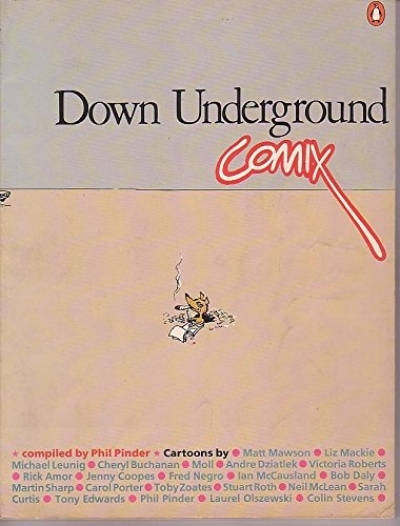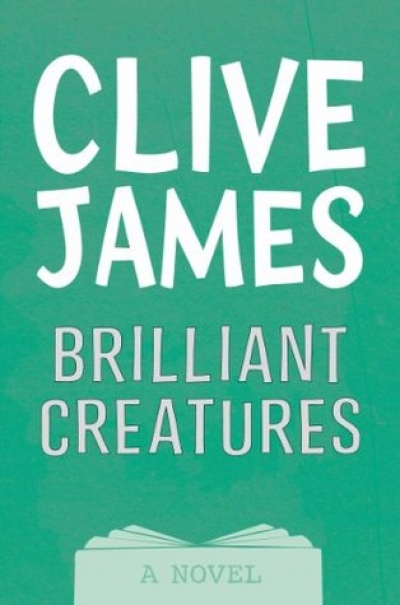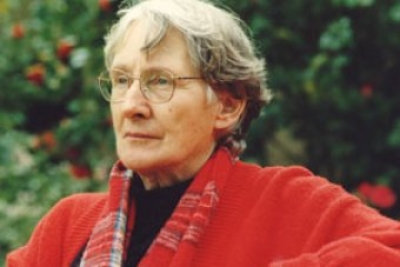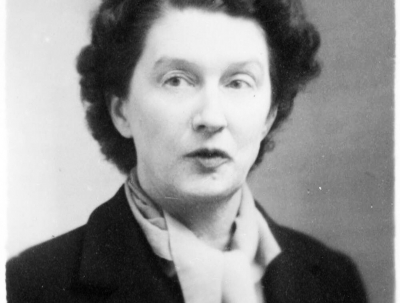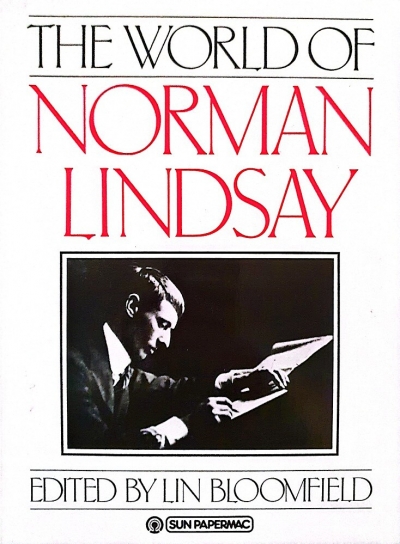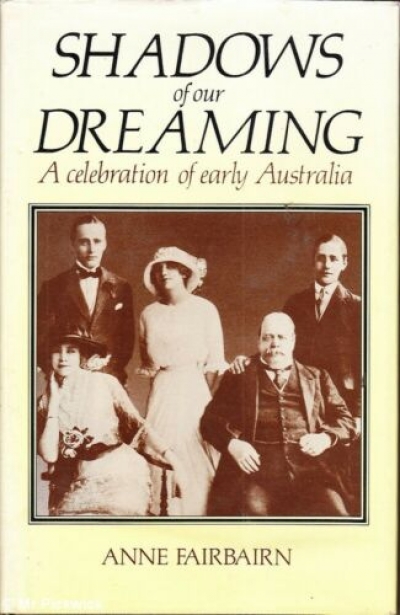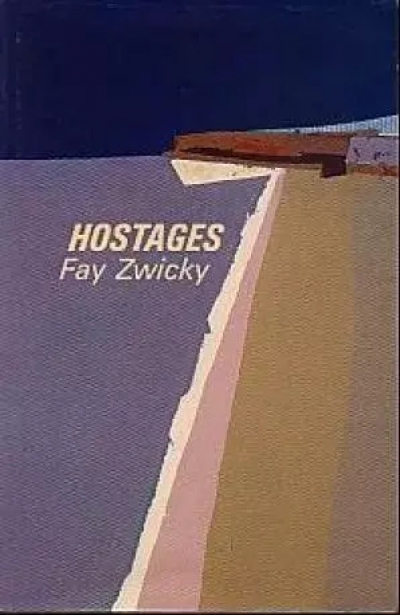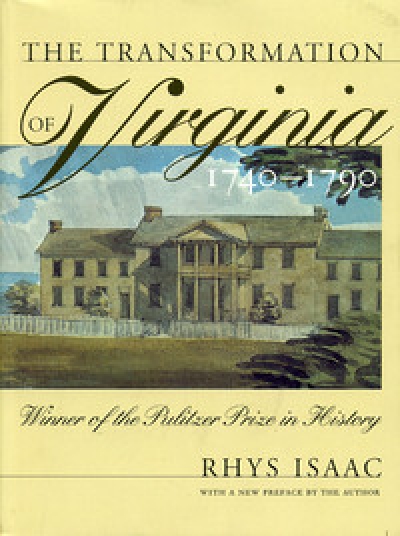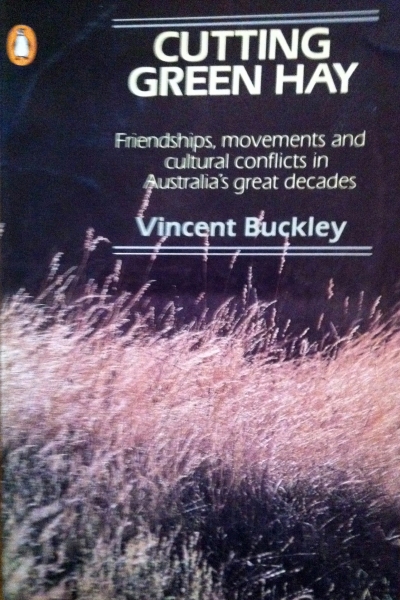Archive
Elizabeth Jolley has been around as a writer for some time. Her work dates back to the late 1950s (she came to Australia from England in 1959) and her stories began appearing in anthologies and journals in the mid1960s, but it was not until 1976 that her first collection, Five Acre Virgin and other stories, was published by the Fremantle Arts Centre Press. Since then, her rate of publication has been phenomenal, and it is perhaps no accident that it coincided with the rise of an indigenous Western Australian Press: three of her first four books were published by the FACP, which, in its few years of existence, has been responsible for the discovery of a remarkable amount of talent.
... (read more)Christina Stead was born in Sydney on 17 July 1902 and died there on 31 March 1983. She spent the greater part of her life, including her most creative years, abroad – in England, Europe, and America. She left Australia for the first time in 1928, returning only once for a few months in 1969 before she decided in 1974 to spend her last years here. Although her novels were written away from Australia and most do not have Australian settings, she never ceased to think of herself as an Australian. Nationalism simply wasn’t an issue for her: she didn’t regard herself as an expatriate, she didn’t reject her homeland, but neither did she feel any compulsion to assert an Australian identity. She was perhaps the first Australian writer to be truly cosmopolitan.
... (read more)
